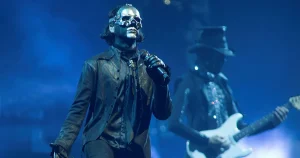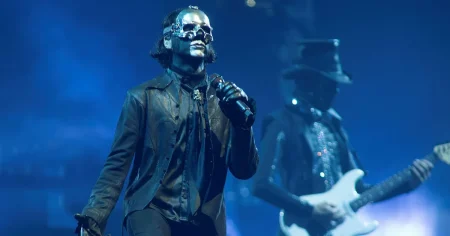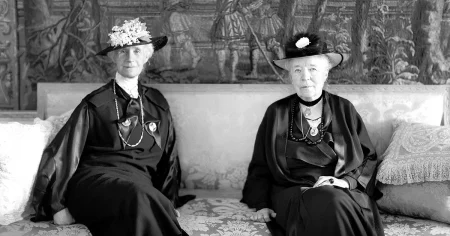Hanna Fahl, renowned music expert, declared Wham!’s ”Last Christmas” the best Christmas song. While its catchy tune and simple charm are undeniable, the true essence of Christmas lies in its melancholic undertones, a feeling ”Last Christmas” arguably lacks. This melancholy, a unique blend of hope and subtle despair, is more potently captured in other festive classics.
”Have Yourself a Merry Little Christmas” embodies this Christmas melancholy. From the stark original lyrics by Hugh Martin to Frank Sinatra’s brighter rendition, the song’s emotional core persists. Judy Garland’s version, with its muted hope and poignant line ”Until then we’ll have to muddle through somehow,” resonates deeply with those who embrace the season’s bittersweet nature. This melancholic defiance echoes in contemporary songs like Tracy Thorn’s ”Tinsel and Lights” and Ron Sexsmith’s ”Maybe This Christmas,” provided their subtle power isn’t diluted by insensitive interpretations.
Political melancholy adds another layer to the Christmas experience. Dan Andersson’s poem ”Julvisa i Finnmarken,” set to music by Thorstein Bergman, poignantly captures the hardships of poverty while celebrating the joys of community and existence. The concluding lines, often sung with raised glasses, evoke a yearning for a better future. While speaking of reconciliation, they resonate as a rallying cry for change.
However, the Christmas song most relevant today offers no comfort or melancholy. Simon & Garfunkel’s ”7 O’Clock News/Silent Night,” a jarring juxtaposition of the Christmas carol with disturbing news headlines, remains chillingly pertinent six decades later. While the original recounted events of 1966 – a mass murder, Martin Luther King Jr.’s planned march, and Lenny Bruce’s death – a modern cover updated the news but lost the timeless impact of the original.
The 1966 version’s power stems from its reflection of enduring societal conflicts. The news report details anti-war protestors being arrested for ”un-American activities,” echoing current political discourse where dissent is often labeled unpatriotic or, in other contexts, un-Swedish. The suppression of protest, whether against the Vietnam War then or the Israeli-Palestinian conflict now, reveals a disturbing pattern. Donald Trump’s threats to deport students protesting the Gaza war, and the Swedish government’s attempts to link opinions on Israel to citizenship, illustrate the chilling parallels.
As the serene ”Silent Night” melody clashes with the escalating news reports in Simon & Garfunkel’s piece, the dissonance becomes unbearable. This tension resonates even more acutely in light of recent global tragedies and ongoing crises. The question arises: Can we celebrate a season of peace and joy while acknowledging the horrific realities unfolding around us? The suffering of children in Gaza, the dehumanization of civilians in conflict zones, these stark truths demand our attention and challenge the very notion of a peaceful festive season. In this context, ”7 O’Clock News/Silent Night” serves not as a carol, but as a stark commentary, devoid of sentimentality, reflecting the grotesque absurdity of seeking solace in festive cheer while ignoring the world’s harsh realities. It becomes the fitting soundtrack to a Christmas shadowed by tragedy and injustice.














